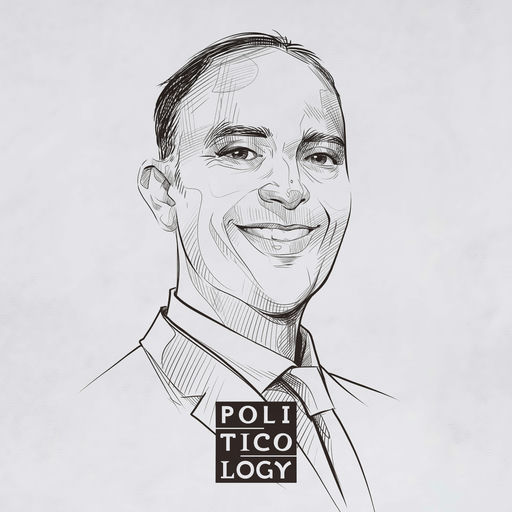
A woman is weeping over a covered body on a street in Gaza. She’s surrounded by people. She turns to the camera and screams: “All this is because of the dogs of Hamas.”
And then two men grab her and literally silence her. They hold a hand over her mouth.
What if we could hear real stories from people living in Gaza about how Hamas treats them?
The Center for Peace Communications is helping to do just that with the video testimony they’ve published in their “Whispered in Gaza” and “Voices in Gaza” projects.
In this episode, Joseph Braude (president of the Center for Peace Communications) joins Ron Steslow to discuss how Gazans talk about Hamas, the way they are treated and who they blame for the war.
Segments to look forward to:
(03:03) Joseph’s background and how it shaped his understanding of the Arab world.
(05:30) The “Whispered in Gaza” project.
(09:09) The challenges and process of creating the “Whispered in Gaza” project amid the repressive Hamas regime.
(10:08) Joseph recounts emotional stories gathered from Gazans, revealing the harsh realities of life under Hamas.
(10:38) The discussion turns to how well these stories represent the views of Gazans and the broader implications for Palestinian society.
(12:12) Ron and Joseph discuss the challenges and biases in media coverage of the Gaza situation.
(25:00) How the global perception of Hamas has been disconnected with the realities in Gaza.
(30:00) Exploring how Gazans view the October 7th Attack, Israel’s response, and how they blame Hamas for the humanitarian crises.
(32:16) Challenges to delivering aid to those who need it most in Gaza.
(35:12) Discussion on the possibilities of change in the governance of Gaza.
(36:33) Joseph offers clarity on common misunderstandings about the Israel-Palestine conflict.
(42:40) Joseph shares the plea from their interviewees that their voices be heard.
(45:17) Final thoughts on how listeners can show meaningful support to Gazans striving for change.
Don’t miss out. Be the first to know about upcoming guests, special events, and more as we continue to build Politicology.
